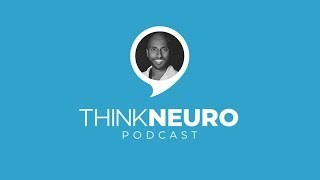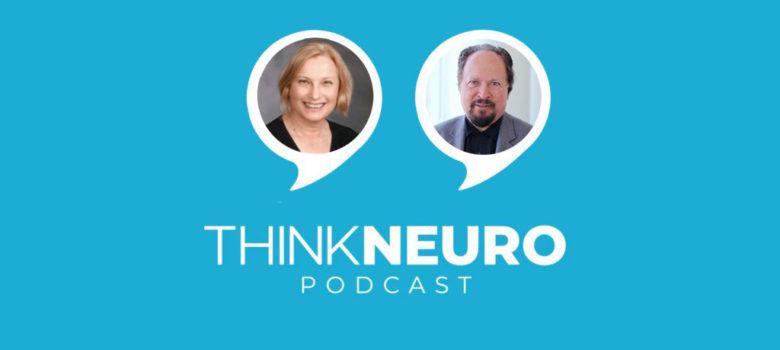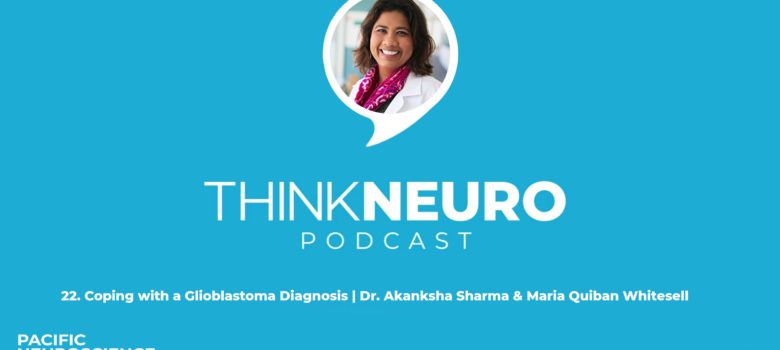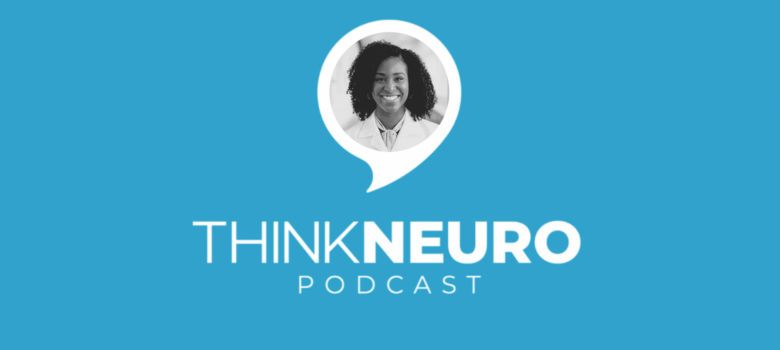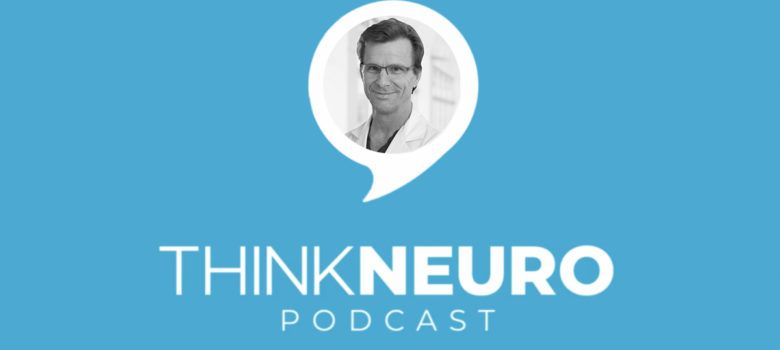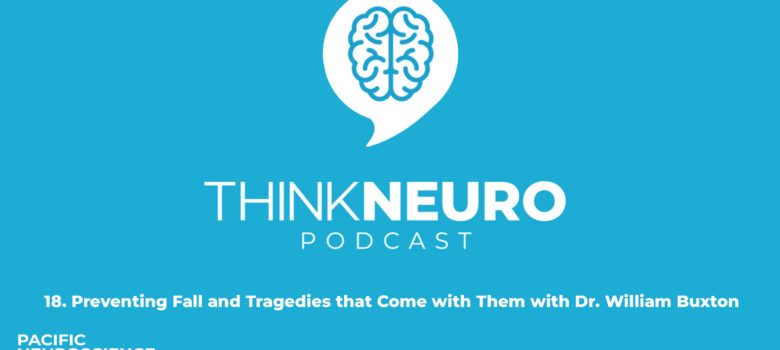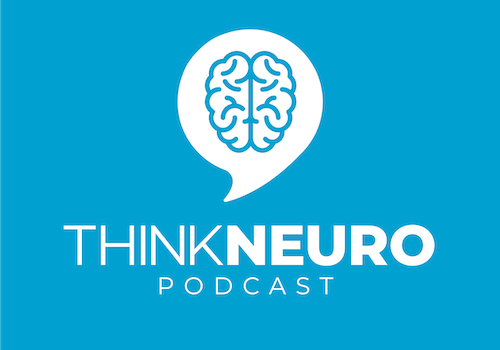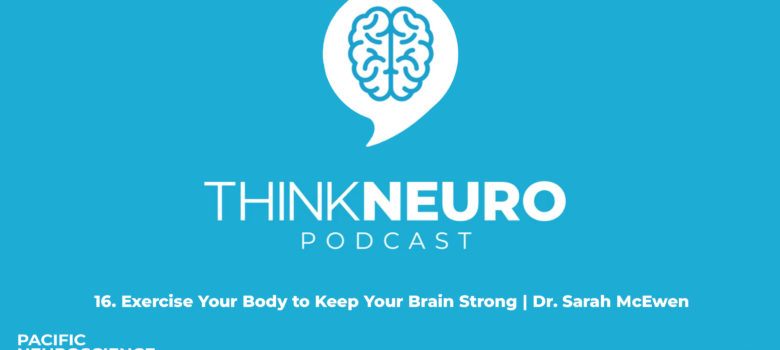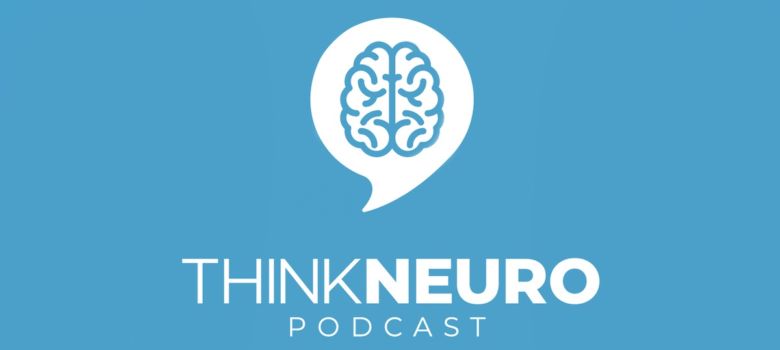
Blog
Treating the Blood Vessels That Fuel Your Brain | Dr. Walavan Sivakumar
by Anthony Effinger
Your brain is an energy hog. It accounts for just one percent of your body weight, but it consumes about 20 percent of your total energy. The blood carries oxygen and 20 percent of blood flow goes to the brain, because all that work requires oxygen. Large arteries are constantly rushing blood to your brain, where it filters into smaller and smaller vessels.
Scanning the Eye for Signs of Multiple Sclerosis | Dr. Barbara Giesser and Dr. Howard Krauss
by Anthony Effinger
When people think about multiple sclerosis, they don’t often think about the eye, but vision problems are often the first signs of MS. The disease is caused by an aberrant immune response that attacks the central nervous system, which includes the brain, the spinal cord, and the optic nerve. And the optic nerve is where MS often reveals itself. Dr. Barbara Giesser specializes in the treatment of MS patients.
Coping with a Glioblastoma Diagnosis | Dr. Akanksha Sharma & Maria Quiban Whitesell
by Anthony Effinger
There are few cancers more challenging than glioblastomas. While there is currently no cure for these brain tumors, patients and their caregivers can take steps to maximize their quality of life once they learn their diagnosis. Dr. Akanksha Sharma and TV meteorologist and author Maria Quiban Whitesell both know a lot about doing just that.
The Mystery of Migraines and How to Treat Them | Dr. Dorothy Dada
by Anthony Effinger
If you’ve never had a migraine headache, you are lucky. Sufferers say the pain alone is wretched, and there are a host of other awful symptoms. Listen to this episode of Think Neuro to learn how experts like Dr. Dorothy Dada are tackling this debilitating—and all too common—ailment.
On COVID-19, Brain Surgery, and Never Wasting a Crisis | Dr. Daniel Kelly
by Anthony Effinger
Listen to this episode to hear Dr. Kelly speak about how PNI made the most of the pandemic, for its patients, and for science. The PNI team used anesthesia with fewer side effects, cut down on narcotics, and did immediate postoperative CT scans. The result: ICU use fell to 29% from 54%, and 41.4 percent of patients went home on day one.
Get Vaccinated to Avoid Stroke, Abnormal MRIs | Dr. Garni Barkhoudarian
by Anthony Effinger
The Covid-19 virus is a shape-shifter. Two years into the pandemic, we’re still learning about the damage it can cause. One thing for sure: It causes more strokes, says Dr. Garni Barkhoudarian, a neurosurgeon at PNI.
Preventing Falls and Tragedies that Come with Them | Dr. William Buxton
by Anthony Effinger
“I’ve fallen, and I can’t get up.” That line is the source of countless jokes on late night television, but in real life, it’s anything but funny. One in three people over 65 fall each year. Those falls often lead to broken hips, and a quarter of elderly people who suffer a hip fracture die within a year, says Dr. William Buxton, a neurologist at PNI who specializes in preventing falls in people who are prone to them.
Staying Cool and Living Well with Multiple Sclerosis | Dr. Barbara S. Giesser
by Guest Author
Multiple Sclerosis is an autoimmune disease that arises when white blood cells make their way into the central nervous system and attack the fatty covering that protects neurons, which disrupts their ability to effectively conduct electrical and chemical signals. Many people with Multiple Sclerosis report that their symptoms get temporarily worse in the heat.
Exercise Your Body to Keep Your Brain Strong | Dr. Sarah McEwen
by Anthony Effinger
Dr. Sarah McEwen has wanted to be a brain scientist since she was a kid. At an early age, she realized that exercise made her feel good. Later, she learned why: Physical activity can change the brain because of something called neuroplasticity. The brain isn’t static. It changes and adapts. And that’s one of the most amazing things about an already amazing organ.
A Delicate Surgery That Cures Debilitating Facial Spasms | Dr. Neil A. Martin
by Anthony Effinger
magine a twitch that won’t go away. Worse yet, imagine that twitch is in your face. That’s what sufferers of hemifacial spasms experience, day in and day out.
Last updated: May 19th, 2023
